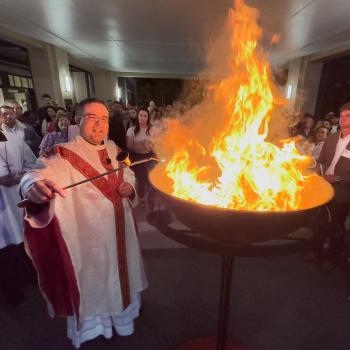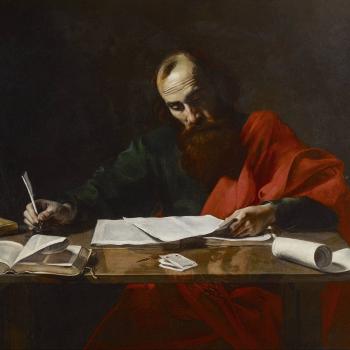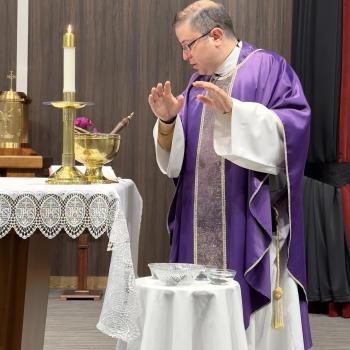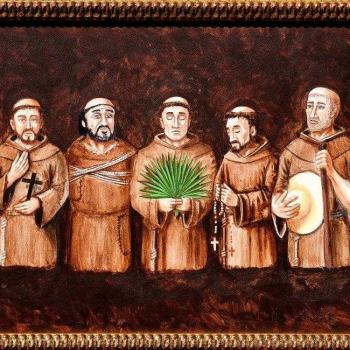Forty-eight Christians were condemned and executed in the Roman city of Lugdunum, which at the time was the capital of the province Gallia Lugdunensis. Lugdunum was the most important Roman city west of Rome, known today as Lyon, France. The martyrdom of these brave men and women in 177 AD was recorded some years later by the historian Eusebius in the fifth chapter of his Eccelsiastical History.
Eusebius records that these men and women “heroically endured all that the people heaped on them: abuse, blows, dragging, despoiling, stoning, imprisonment, and all that an enraged mob is likely to inflict on their most hated enemies. They were dragged into the forum and interrogated before the entire populace by the tribune and the city authorities. When they confessed [to being Christian], they were locked up in prison to await the arrival of the governor.”
The charges initially brought against these Christians were atheism and impiety since they would not worship either the Roman gods or the gods of an established national group. Two pagan servants who were arrested with their Christian masters falsely accused their masters of “Oedipean marriages and Thyestean dinners” which is another way of accusing them of incest and cannibalism. These added charges did not help the arrested Christians. Some of them did defect out of fear by rejecting Christ, but most remained faithful.
For some of the martyrs, confessing to be Christians was enough to be condemned, while others were also accused of being murderers and criminals. They were accused of being “ignoble cowards” and of committing homicide.
After the execution of the martyrs, the Christian community was not allowed to take their bodies for proper burial. Eusebius records that “the bodies of the martyrs, exposed in every possible way and left unburied for six days, were then burned and reduced to ashes by these vicious men and swept into the river Rhone which flows hard by, so that not a single relic of their bodies might be left on earth.”
Their remains may have been taken by the waters of the Rhone, but their memory endures and these brave men and women await the resurrection of the dead at the end of time.
Saint Sanctus, pray for us.
Saint Maturus, pray for us.
Saint Attalus, pray for us.
Saint Alexander, pray for us.
Saint Ponticus, pray for us.
Blessed Martyrs of Lyon, pray for us.
















